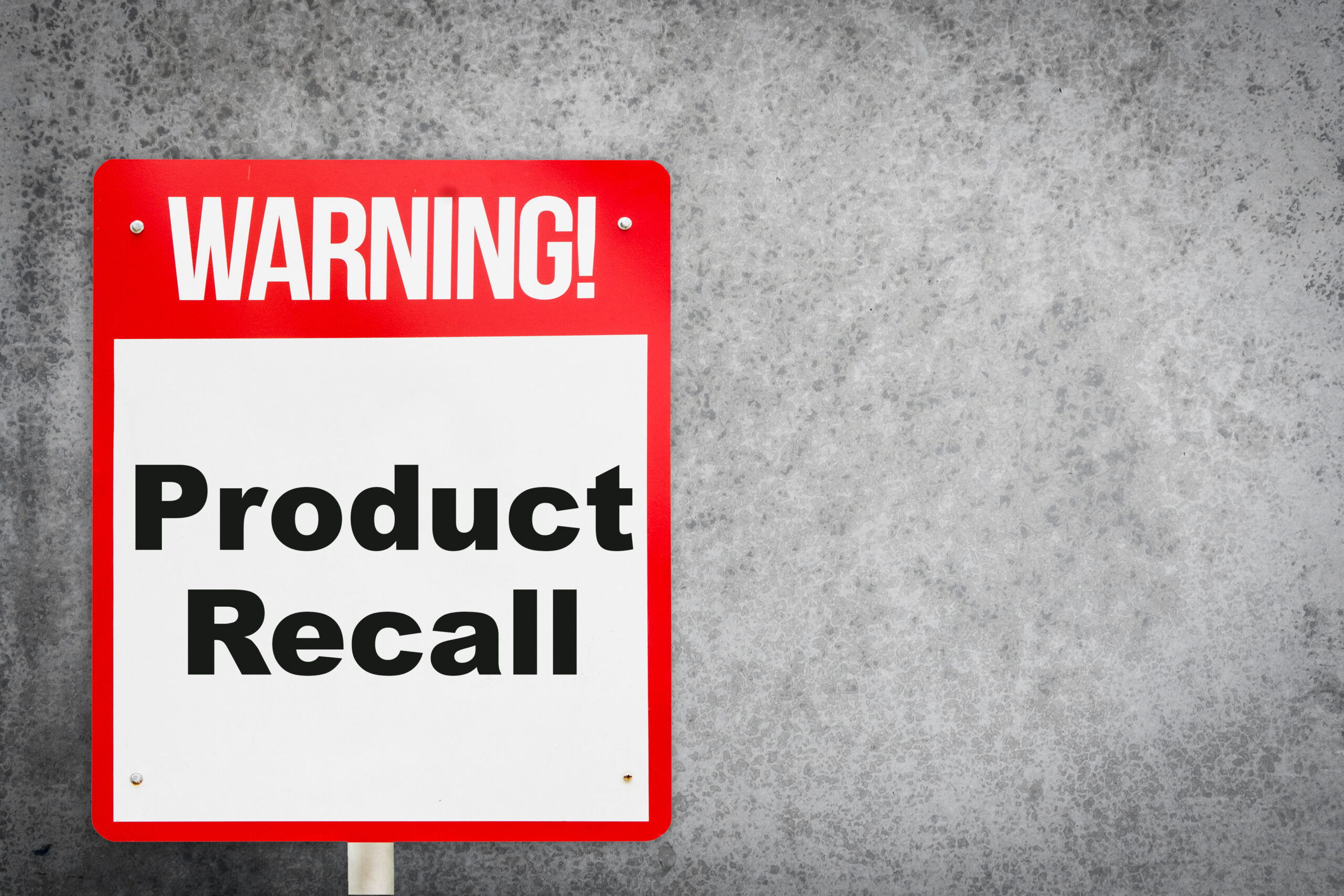Now Reading: Product Liability: How to Hold Manufacturers Accountable for Defective Products
-
01
Product Liability: How to Hold Manufacturers Accountable for Defective Products

Product Liability: How to Hold Manufacturers Accountable for Defective Products
Product liability refers to manufacturers, distributors, and sellers’ legal accountability for injuries or damages caused by defective products. When a defective product harms a consumer, you must understand the legal options available to hold the responsible parties accountable.
This comprehensive article will explore the key aspects of product liability, including how to prove a product is defective, why defective product accidents are common in North Carolina, the types of damages that can be recovered, the statute of limitations for product liability claims, and the importance of filing a claim promptly. By understanding these elements, consumers can assert their rights and seek appropriate compensation for injuries and losses resulting from defective products.
How to Prove Defective Products
Proving that a product is defective is critical in a product liability case. To establish liability and hold manufacturers accountable, three main types of defects need to be considered:
- Design defects refer to inherent flaws in the product’s design, making it unreasonably dangerous even when manufactured correctly. These defects stem from the initial design phase and are present in every product unit.
- Manufacturing defects occur during production, resulting in a product that deviates from its intended design and poses risks to consumers. This defect may affect only a portion of the products or a specific batch.
- Failure to warn of defects arises when a product lacks appropriate warnings or instructions, leading to potential harm to users who need to be adequately informed about its proper use or associated risks. Manufacturers must provide clear instructions and warnings about any known dangers associated with their products.
To prove a defect, various types of evidence play a crucial role:
- Expert testimony: Testimony from professionals with expertise in the relevant field can provide insights into design flaws, manufacturing errors, or the adequacy of warnings.
- Product testing: Conducting thorough tests on the product can help identify any defects or weaknesses that may have contributed to the injury.
- Industry standards: Comparing the product to established industry standards can help determine if it meets the expected level of safety and quality.
- Consumer complaints: Gathering information about previous incidents or complaints related to the same or similar product can demonstrate a pattern of defects or failures.
Collecting and presenting this evidence is essential in demonstrating that the product was unreasonably dangerous or did not meet consumers’ reasonable expectations. Experienced Charlotte personal injury lawyers will fight for fair compensation. They can greatly assist in gathering the necessary evidence, understanding the legal requirements, and building a strong case to hold the manufacturer accountable for the defective product.
Why Are Defective Product Accidents So Common in North Carolina?
Defective product accidents are unfortunately common in North Carolina due to various factors. First, North Carolina has a thriving manufacturing industry. The potential for defects can increase with the production of such a vast volume of products.
Additionally, the complexity of supply chains and global manufacturing processes can introduce opportunities for errors or oversight, leading to defective products reaching the market. Furthermore, adequate quality control measures, proper testing protocols, or shortcuts in manufacturing can contribute to defective products entering the stream of commerce.
Finally, consumers’ reliance on products in their daily lives exposes them to potential risks when those products are defective. Consumers must stay informed, exercise caution, and understand their rights to protect themselves from the consequences of defective products.
Damages You Can Recover from Your Defective Products Accident
You may be entitled to various types of compensation if you have been injured or suffered damages due to a defective product. The available damages typically fall into two main categories: economic and non-economic.
Economic damages aim to compensate for the measurable financial losses incurred due to the defective product, such as medical expenses, lost wages, rehabilitation costs, and property damage. Non-economic damages usually compensate for non-financial losses, including pain and suffering, emotional anguish, loss of enjoyment of life, and disfigurement.
In certain circumstances, punitive damages can also be awarded to penalize the defendant and discourage similar misconduct. The specific damages that can be recovered will depend on the circumstances of your case, the extent of your injuries, and the applicable laws in North Carolina.
Product Liability Claims’ Statute of Limitations
When pursuing a product liability claim, knowing the statute of limitations is important, which sets a deadline for filing your lawsuit. In North Carolina, the statute of limitations for product liability cases is generally three years from the date of the injury or when the injury was discovered or should have been discovered through reasonable diligence.
However, there can be exceptions and variations based on factors such as the nature of the product, the type of defect, and the legal theory being pursued. It is critical to consult with an attorney promptly to ensure compliance with the statute of limitations and protect your rights.
File Your Claim As Soon as Possible
Product liability cases involving defective products require a comprehensive understanding of the legal framework and the ability to navigate complex litigation. By proving the product’s defect, understanding the reasons for common defects in North Carolina, knowing the types of damages available, respecting the statute of limitations, and promptly filing your claim, you can safeguard your rights and seek the compensation you deserve. Talk to your attorney to avoid common personal injury case mistakes and hold the negligent parties accountable so you can move on with your life.










